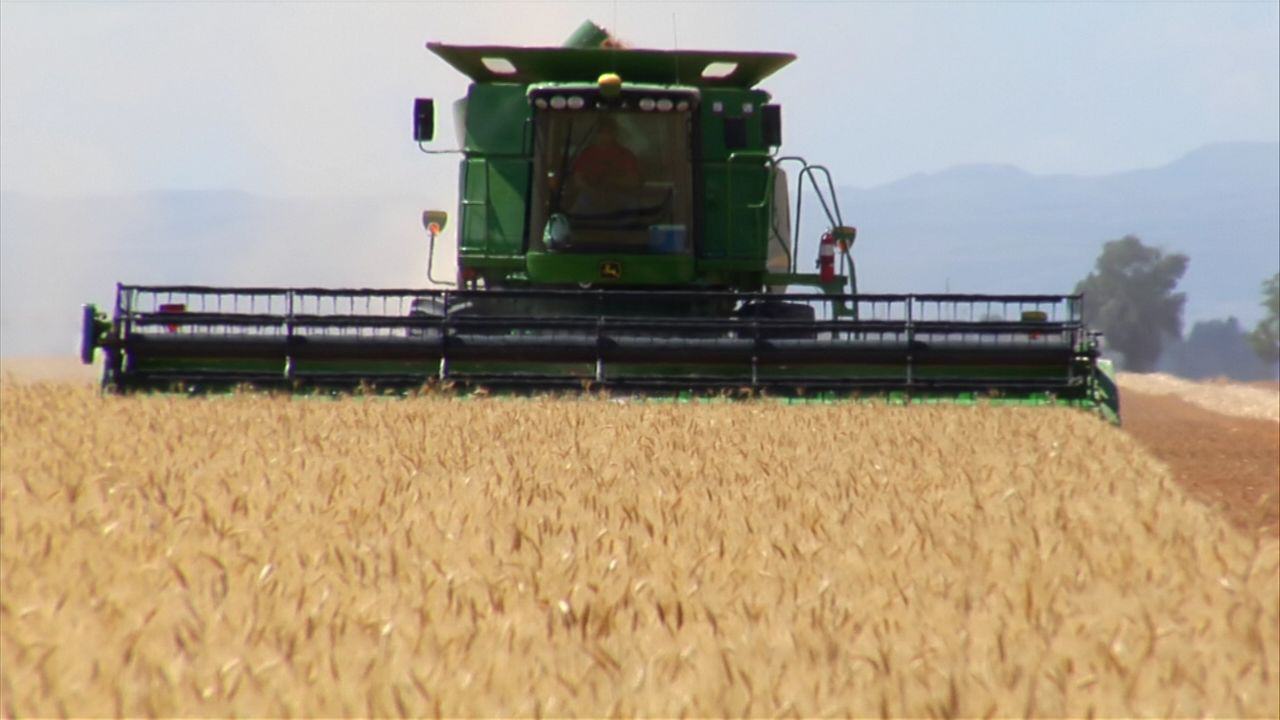MADISON, Wis. (SPECTRUM NEWS) – Wisconsin agriculture officials worry farmers could bury themselves in more debt by taking on tempting loans and credit cards.
The Department of Agriculture, Trade and Consumer Protection (DATCP) has a warning for farmers who may be tempted to turn to predatory lenders after years of low crop prices: fast cash could come at a cost.
“It's the old statement when something appears to be too good to be true it usually is too good to be true,” Frank Friar, an economic development consultant with DATCP, said.
Though predatory lending with high-interest rates or a short time to pay back big loans worth hundreds of thousands of dollars come with catches, DATCP says it simply comes down to farmers wanting to stay in business.
“People are desperate,” Friar said. “Their neighbors are planting. They want to plant. They want to stay in farming. If they don't plant a crop, they're going to be out of farming, and if they plant a crop and lose money well they've eaten up more of their equity or maybe more of their retirement funds.”
The American Farm Bureau Federation says farm debt is at a record high as lending requirements tighten and the cost of credit rises.
“As things get tighter and equity gets tighter, profits continue to stay down or there aren't any profits maybe depending on the commodity," Friar said. "We've reached a point that some lenders who approve lending say maybe we're not helping you by lending you more money."
Friar says when a community bank or farm credit organization turns down a farmer, unregulated lenders can seem appealing, but it often puts farmers in a tough spot.
“There [are] only two ways to repay debt down,” Friar said. “Profits or sale of assets, and if farmers sell their assets well then they're out of farming and if there aren't profits then they can't pay their debt down.”
The U.S. Department of Agriculture thinks farm debt could increase by as much as four percent this year, reaching almost $427 billion.
That would be the highest level of farm debt since 1982.
Friar's advice is to look for regulated lenders and ask lots of questions.
“What is the interest rate going to be on this? What happens if you are in default on it? What have you pledged for security or collateral? But, again, people are desperate,” Friar said. “They want to stay in farming and they look at this and say this is our last chance of doing it.”
If you or someone you know needs help with agricultural financial planning, the Wisconsin Farm Center is staffed with professionals who offer free advice.
Farmers and small agribusiness owners can reach the Farm Center through the toll-free line at 1-800-942-2474, or stop in on the Fourth Floor of the DATCP office building at 2811 Agriculture Dr. in Madison.
Office hours and the toll-free hotline are available from 7:45 a.m. to 4:30 p.m. during weekdays. You can also contact the Farm Center by email at farmcenter@wisconsin.gov.



